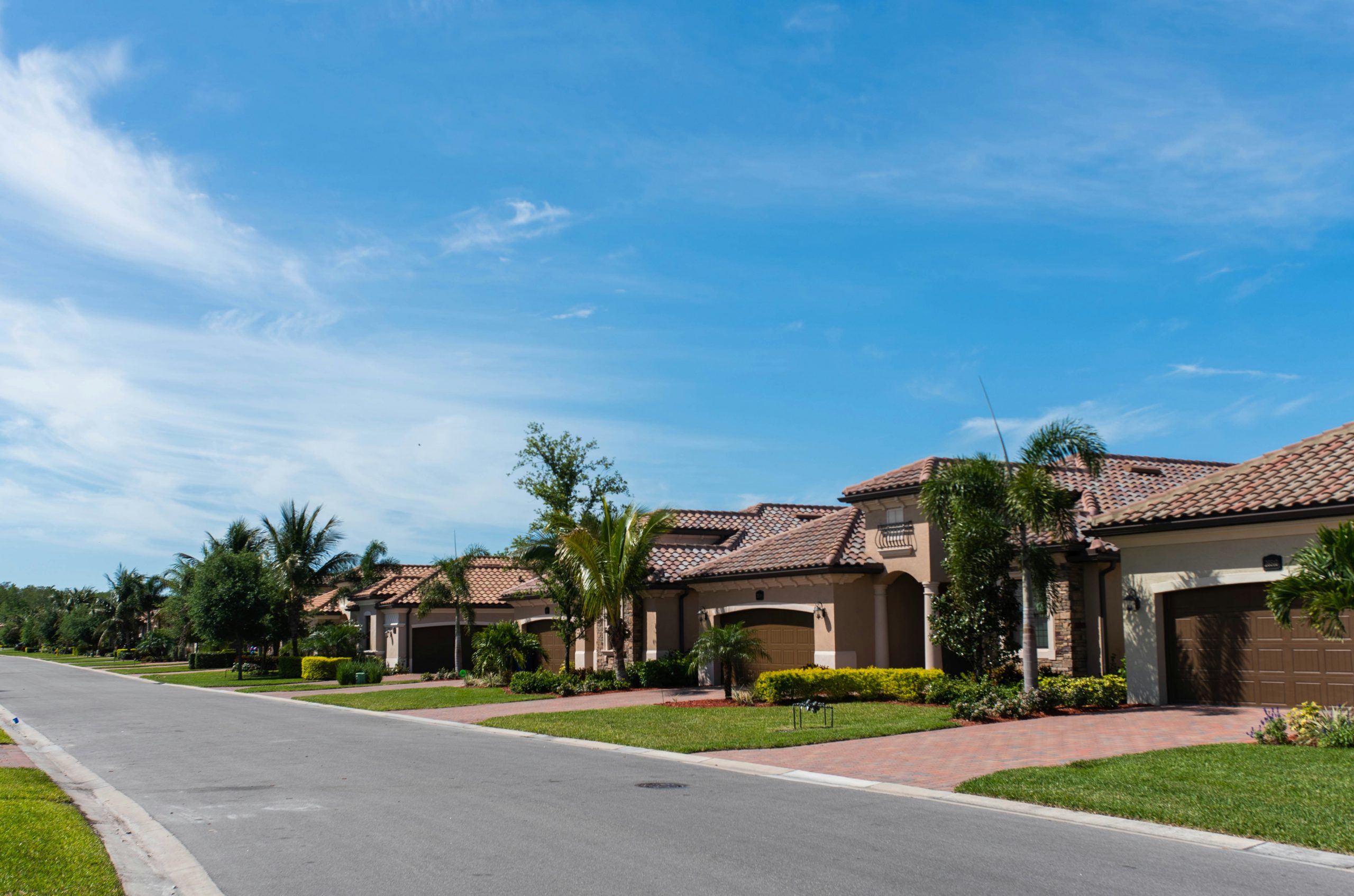
Hinsdale, Illinois, is an affluent suburb located about 20 miles west of downtown Chicago. Known for its charming historic architecture, excellent schools, and picturesque streets, Hinsdale has long attracted families and high-net-worth individuals seeking a balance of suburban tranquility and urban proximity. In recent years, real estate investors have increasingly viewed Hinsdale as a prime location for property investments due to its strong market fundamentals, stability, and growth potential.
For investors looking to diversify their portfolios or enter the Chicagoland real estate market, Hinsdale offers a blend of opportunities. However, like any market, it comes with unique characteristics and challenges. Understanding the local market dynamics, property trends, and critical factors influencing Hinsdale real estate can help investors make informed decisions. In this article, we will explore critical insights for investing in Hinsdale real estate.
Hinsdale’s Desirability as a High-End Suburb
One of the key factors driving the Hinsdale real estate market is its reputation as one of Chicago’s most prestigious suburbs. The town is known for its excellent public and private schools, making it a highly desirable location for families with school-aged children. Hinsdale Central High School, in particular, is consistently ranked among the top high schools in Illinois, contributing to the area’s sustained demand for housing.
In addition to educational excellence, Hinsdale boasts a charming downtown area, complete with boutique shops, restaurants, and community events, which further enhances its appeal. The town’s historical significance is evident in its well-preserved, stately homes and tree-lined streets. Homes in Hinsdale vary from modern luxury builds to historic estates, offering a range of investment opportunities.
For investors, the area’s desirability ensures relatively low vacancy rates and consistent demand for rental properties. However, as a high-end market, property prices are higher than in many other Chicagoland suburbs, meaning investors need to be prepared for a significant initial outlay.
Market Stability and Growth Potential
The Hinsdale real estate market has historically been stable, showing resilience even during economic downturns. While some fluctuations occur, the area typically maintains a strong demand for housing, supported by its affluent residents and proximity to downtown Chicago.
Property values in Hinsdale have seen steady appreciation over the years. According to local market data, Hinsdale’s median home prices have consistently outpaced many other nearby suburbs. This upward trend is driven by the town’s reputation, limited housing inventory, and high demand.
Investors looking for long-term capital appreciation can find Hinsdale appealing. The town’s strict zoning laws and limited space for new developments also contribute to preserving property values, making it less susceptible to market oversaturation. In terms of rental income, though Hinsdale isn’t primarily a rental-heavy market, properties that are available for rent tend to command higher-than-average rental rates due to the affluent demographic of renters.
Luxury Market Dynamics
Hinsdale’s high-end, luxury properties primarily drive the real estate market. With many homes in the area valued at over $1 million, the town caters to a niche but affluent buyer base. Which presents both opportunities and challenges for real estate investors.
On the opportunity side, luxury homes in Hinsdale often hold their value well and can see significant appreciation in line with broader economic trends. For investors focused on buying, renovating, and reselling high-end homes. Hinsdale offers a market where quality and craftsmanship are highly valued, making fix-and-flip strategies viable.
However, investors need to consider the challenges of dealing with luxury real estate. High-end homes take longer to sell than lower-priced homes, meaning there may be longer holding periods. Additionally, the cost of entry is high, and investors need to be mindful of renovation costs, property taxes, and carrying costs associated with luxury homes in the area.
Understanding Local Regulations and Taxes
Investing in Hinsdale real estate requires a solid understanding of local regulations, zoning laws, and taxes. Hinsdale is known for its strict zoning laws, which limit overdevelopment and preserve the town’s charm. These laws benefit long-term property values but can pose challenges for investors looking to develop or significantly modify existing properties.
Property taxes in Hinsdale are also relatively high compared to other parts of Illinois. Which is something investors need to factor into their cash flow calculations. While excellent public services offset the high property taxes. Investors should consider how this impacts their return on investment, particularly for rental properties.
Additionally, the Hinsdale market is less friendly to short-term rentals than other areas. Local regulations may restrict the use of properties for platforms like Airbnb or VRBO. Which could limit certain types of rental strategies. Investors should consult with local authorities and real estate professionals to ensure compliance with all regulations before investing.
Working with Local Experts
Given the unique characteristics of the Hinsdale real estate market. Investors must work with local experts who understand the area’s nuances. Real estate agents specializing in Hinsdale can provide valuable insights into market trends. Help investors find off-market deals, and offer advice on pricing strategies.
Additionally, local contractors, inspectors, and property managers can be instrumental in ensuring that investments are managed effectively. The cost of maintaining and renovating high-end properties can be significant. So working with professionals who understand the expectations of Hinsdale homeowners can be crucial to an investor’s success.
Investing in Hinsdale real estate offers a compelling opportunity for investors looking to tap into an affluent, stable market with long-term growth potential. The town’s strong demand for housing, coupled with its limited inventory and luxury appeal. Makes it an attractive option for those willing to navigate its high costs and regulatory environment.
While Hinsdale may not be the best fit for every investor—particularly those looking for quick flips or short-term rental income. It offers a robust and consistent market for long-term investment strategies. With the right approach, local expertise, and an understanding of market dynamics. Investors can find success in Hinsdale’s prestigious real estate market.